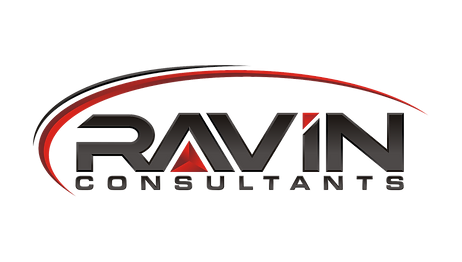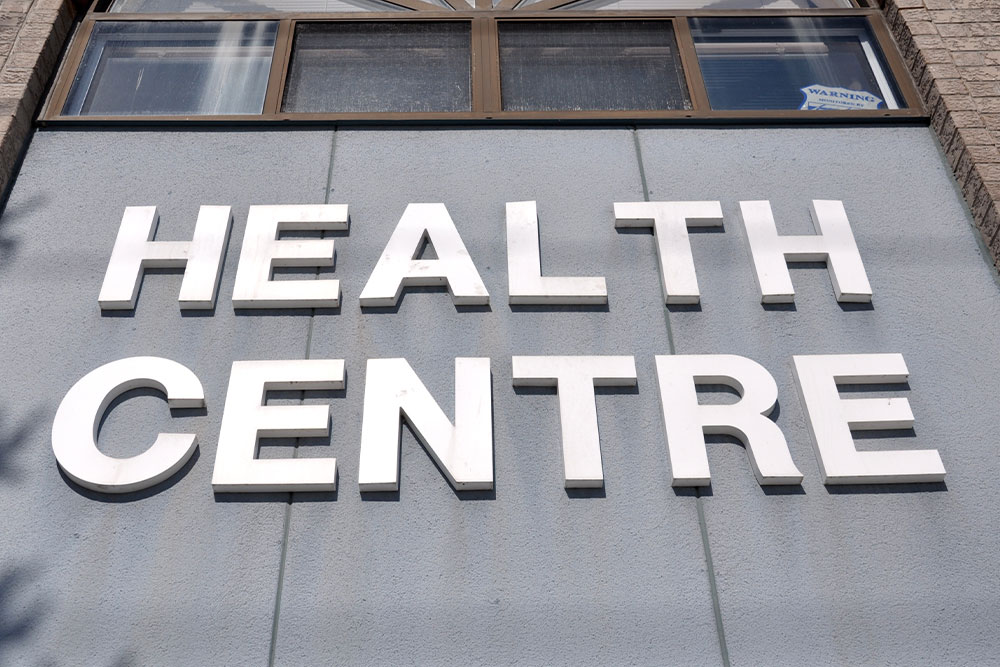Summary
The 340B Drug Pricing Program is a game-changer for healthcare organizations that want to provide affordable medications to underserved communities. But who exactly qualifies for the 340B Program?
The 340B Drug Pricing Program is a game-changer for healthcare organizations that want to provide affordable medications to underserved communities. But who qualifies for the 340B Program? Knowing the ins and outs of eligibility is crucial if your healthcare facility wants to benefit from the big discounts the 340B Program offers. Let’s break down the types of organizations that qualify for the program so your facility can make the most of its resources and better serve your patients.
What is the 340B Program?
Before jumping into who qualifies for the 340B Program, let’s quickly cover what the program is all about. In 1992, the 340B Program was designed to help healthcare providers (“covered entities”) buy outpatient drugs at much lower prices. The idea is simple: by saving money on medications, these providers can stretch their budgets further and ensure that uninsured or underinsured people have access to the drugs they need.
Who is Eligible as a Covered Entity?
Who qualifies for the 340B Program is determined by the Health Resources and Services Administration (HRSA) and is based on the type of healthcare facility and its services. Here’s a closer look at the different kinds of organizations that typically qualify:
- Federally Qualified Health Centers (FQHCs)
- FQHCs: These are community health centers that provide a wide range of services to underserved populations, like primary care, mental health services, and more. They focus on serving people who might not have access to care otherwise.
- FQHC Look-Alikes: These are organizations that meet all the requirements to be an FQHC but don’t receive federal funding under Section 330 of the Public Health Service Act.
- Ryan White HIV/AIDS Program Grantees
- These organizations provide critical services to people living with HIV/AIDS under the Ryan White CARE Act, ensuring they have access to the medications and care they need to manage their condition.
- Hospitals
- Disproportionate Share Hospitals (DSHs): These hospitals serve a large number of low-income patients and get additional payments from Medicare because they provide so much care to people without adequate insurance.
- Children’s Hospitals: Independent hospitals that focus exclusively on treating kids and also receive DSH payments.
- Critical Access Hospitals (CAHs): Small hospitals in rural areas with 25 or fewer acute care inpatient beds. They are often the only healthcare option for miles around.
- Rural Referral Centers (RRCs): Hospitals in rural areas that handle a high volume of patients and provide specialized care that might not be available elsewhere in the region.
- Sole Community Hospitals (SCHs): The only hospitals in a specific geographic area, meaning they are the sole source of inpatient care for the local community.
- Other Eligible Entities
- Hemophilia Treatment Centers: Provide specialized care to people with bleeding disorders like hemophilia.
- Sexually Transmitted Disease Clinics: Offer testing, treatment, and prevention services for STDs.
- Tuberculosis Clinics: Focus on diagnosing and treating tuberculosis.
- Family Planning Clinics: Provide contraceptives, education, and other reproductive health services.
- Urban Indian Organizations and Tribal Health Programs: Deliver healthcare services specifically to Native American populations.
How to Register for the 340B Program
To join the 340B Program, eligible entities must register with the HRSA and be listed in the 340B Office of Pharmacy Affairs Information System (OPAIS). Once registered, these organizations can start purchasing drugs at the reduced prices negotiated through the program.
Keeping Your Eligibility
Staying eligible for the 340B Program isn’t just a one-time thing—you have to keep up with certain requirements. For example, you need to make sure that 340B drugs are only used for patients of the covered entity. You also have to avoid “duplicate discounts,” where a drug gets both a 340B discount and a Medicaid rebate. Keeping everything in compliance is key to continuing to benefit from the program.
Conclusion
Figuring out if your organization qualifies for the 340B Program is the first step in taking advantage of this incredible resource to improve patient care. If your facility fits into one of these categories, it’s definitely worth considering the program to better serve your community.
If navigating the complexities of 340B Program eligibility and compliance feels overwhelming, we’re here to help. At Ravin Consultants, we specialize in guiding healthcare organizations through the process, so you can make the most of the benefits while staying on the right side of the regulations. Get in touch with us today to see how we can support your 340B Program efforts!

